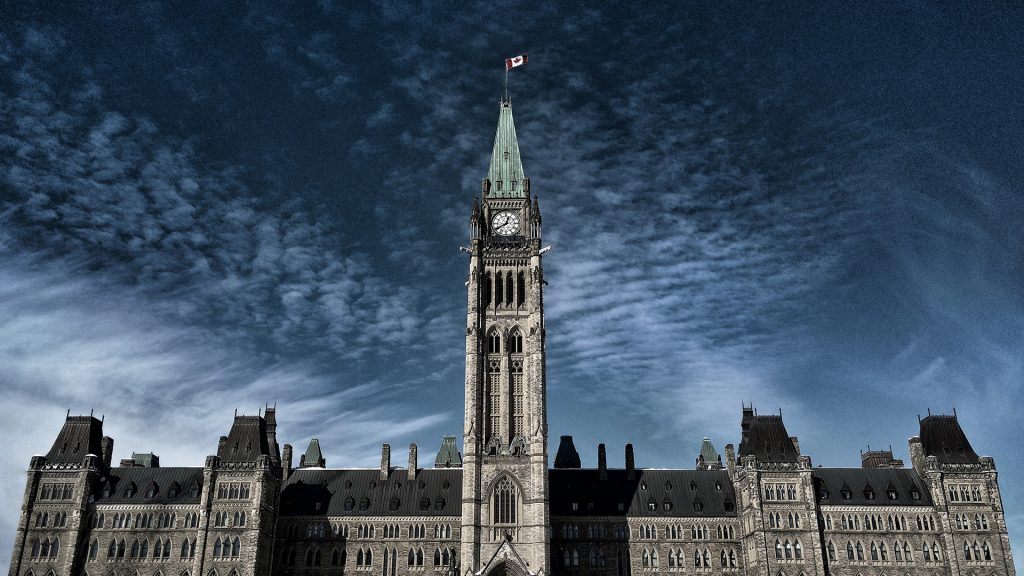
Federal justice lawyers were accused of withholding thousands of pages of documents related to an ongoing discrimination case at the Canadian Human Rights Tribunal Monday in Ottawa.
The accusation came from lawyer Paul Champ who is representing the First Nations Child and Family Caring Society (FNCFCS), one of the complainants in the case.
“This is a surprise to us that there is a large volume of documents yet to be disclosed,” Champ told the tribunal. “We always believed there would be ongoing disclosure because the case is ongoing and new audits come up then fine, but it appears from the letter from counsel (Justice Canada) that basically there’s a large number of documents dating back to 2010 that have not yet been disclosed.”
The discovery of the large number of documents came after Cindy Blackstock, executive director of FNCFCS, became curious about the lack of information being disclosed by Justice Canada at the hearing.
Blackstock filed an access to information request to Aboriginal Affairs and after waiting seven months, received nearly 4,000 documents and 30,000 pages.
According to Blackstock, some of the documents she received are audits and evaluations of the government’s enhanced funding formula. It’s the program that a handful of provinces including Alberta, Manitoba, Quebec and PEI have signed onto to get more money for First Nations child welfare agencies and what the government is counting on to counter claims that it underfunds those agencies.
“In the documents we found there were many audits, provincial audits of those provinces that have implemented the enhanced funding approach with finding that we find quite damning by the government itself for that approach,” said Champ.
The tribunal is hearing a case brought on by the FNCFCS and the Assembly of First Nations.
Both accuse Canada of spending less on First Nations child welfare than what provincial governments spend for non-First Nations children.
There are questions about why this information was not disclosed to parties at the hearing.
Lawyers representing Canada said the parties were clear regarding disclosure before the hearings started.
“The Attorney General takes disclosure very seriously,” said Justice Canada lawyer Jonathan Tarlton. “I understand that before this hearing was reconvened, it was anticipated that disclosure would go back to 2009 and as Mr. Champs’ letter states, we’ve gone to 2010.”
None of the parties could recollect such an agreement.
Tarlton said Aboriginal Affairs is looking at the thousands of documents and pages slated for release.
“There have been a significant number of documents that are identified as being potentially relevant doesn’t mean they’re all going to ultimately be relevant but ultimately at least they’ve been through the clients due diligence. That’s an ongoing and not a simple process,” said Tarlton.
In a letter dated May 7, 2013, Justice Canada stated that it will have another 50,000 documents ready to release between September and December 2013, after the hearings have wrapped up.
Champ said Monday that is unacceptable.
“I’m not really sure how that would work. It wouldn’t work quite frankly. We are looking for an order from the tribunal, not just a direction but an order to produce documents by June 14, 2013 to produce the remaining relevant documents,” he said.
A number of meetings are planned to discuss the release of the documents. Tribunal staff are also working on what was agreed regarding disclosure prior to the start of the hearings.
As for the AFN, representatives told the tribunal: “We don’t feel it’s too onerous on the Crown with respect to throwing some resources at this to get these documents produced in 30 days. We’ve seen it in other tribunals, it is possible.”










